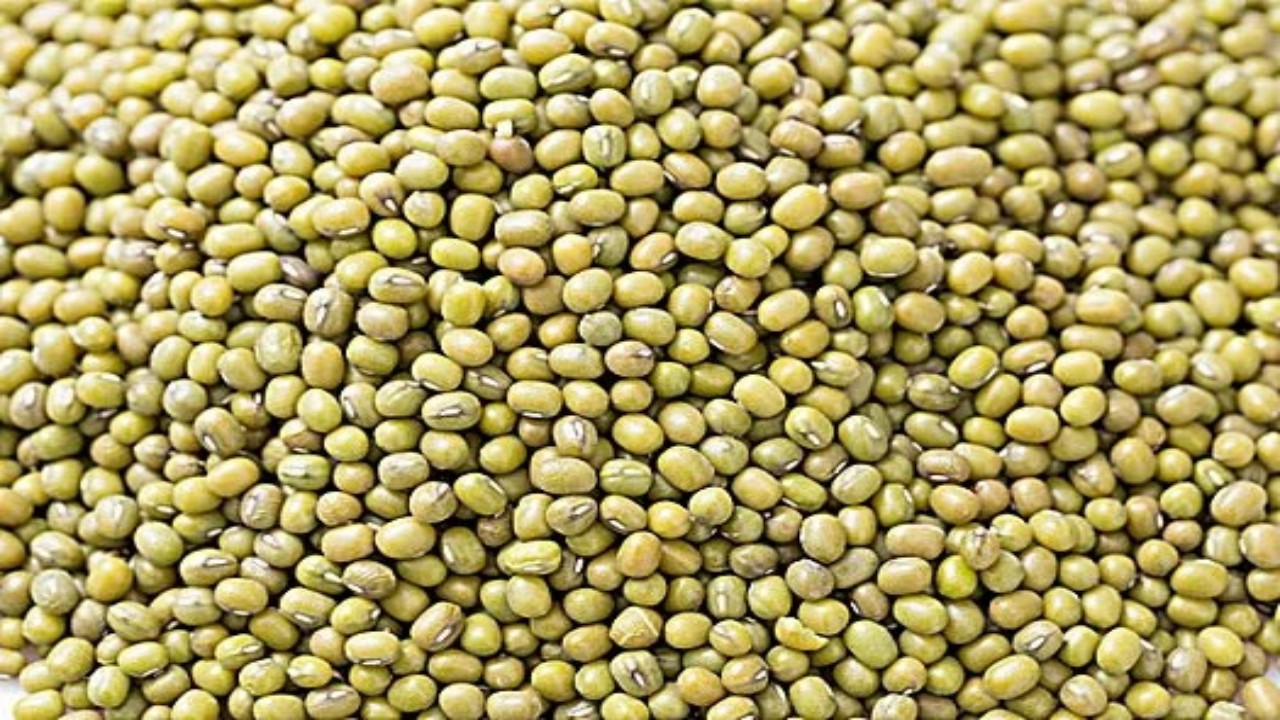Magnetic separators play a vital role in maintaining food safety and quality control by effectively removing metal contaminants from food products. These contaminants can pose serious risks to both consumer health and brand reputation. Magnetic separation technology is widely used in food processing plants to detect and eliminate ferrous and non-ferrous metals that may inadvertently enter the food supply chain. By ensuring that food products are free from harmful metal particles, magnetic separators help meet regulatory standards, improve product quality, and enhance consumer trust. This article explores the critical contribution of magnetic separators in safeguarding food safety and ensuring the highest quality standards in food production.
How Magnetic Separators Work in Food Processing
Magnetic separators function by using powerful magnetic fields to attract and remove ferrous and non-ferrous metals from food products. These metals, which are not visible to the naked eye, are captured by magnets embedded in the separator system. The magnets can be placed at various stages of the production line, such as before packaging, during processing, or after the food has been processed into its final form. The captured contaminants are then safely removed, ensuring the product remains clean and safe for consumption.
Benefits for Food Safety
Magnetic separators play a key role in preventing contamination, which is essential for meeting health and safety regulations. By removing metal fragments, these separators help reduce the risk of injury to consumers and ensure that food products meet quality standards. Regular use of magnetic separators helps food manufacturers maintain compliance with food safety certifications and regulations, such as those outlined by the FDA and other food safety organizations.
Enhancing Product Quality
Beyond removing contaminants, magnetic separators also improve the overall quality of food products. Metal contaminants, even in small amounts, can affect the texture, appearance, and taste of food. By eliminating these particles, manufacturers ensure a higher level of consistency and quality, which contributes to customer satisfaction and trust. In addition, magnetic separators help protect processing equipment from damage caused by metal particles, which can lead to costly repairs or downtime.
Versatility in Food Applications
Magnetic separators are versatile tools, suitable for a wide range of food products, including powders, granules, liquids, and bulk materials. Whether used in the dairy, meat, bakery, or snack food industries, magnetic separation can be customized to fit specific production requirements. Different types of magnetic separators, such as plate magnets, drawer magnets, and grate magnets, can be used depending on the type of food being processed and the nature of the contamination.
Conclusion
Magnetic separators help maintain food safety and ensure high-quality standards within the food industry. They detect and remove metal contaminants, reducing health risks and protecting the integrity of food products. These separators enhance product consistency, improve production efficiency, and support compliance with strict safety regulations. Companies like Jinhong are advancing magnetic separation technologies, offering reliable solutions to safeguard consumers and brands. As the food industry continues to focus on safety and quality, magnetic separators remain an effective tool for meeting these demands.


